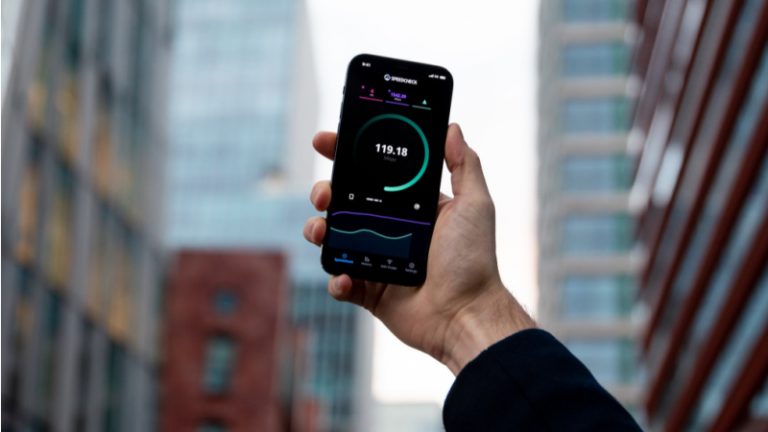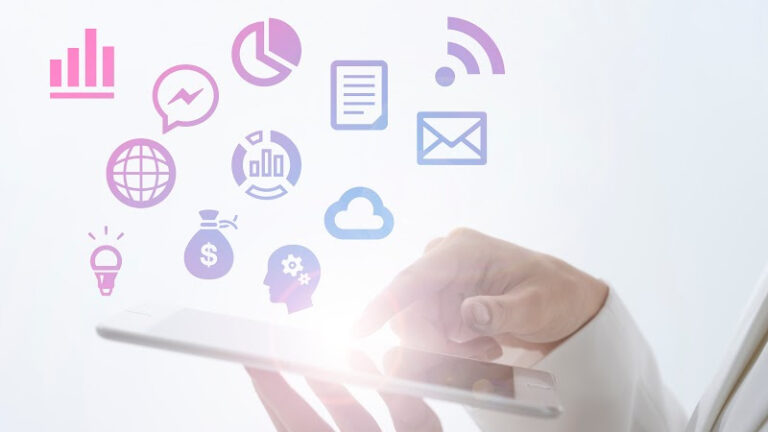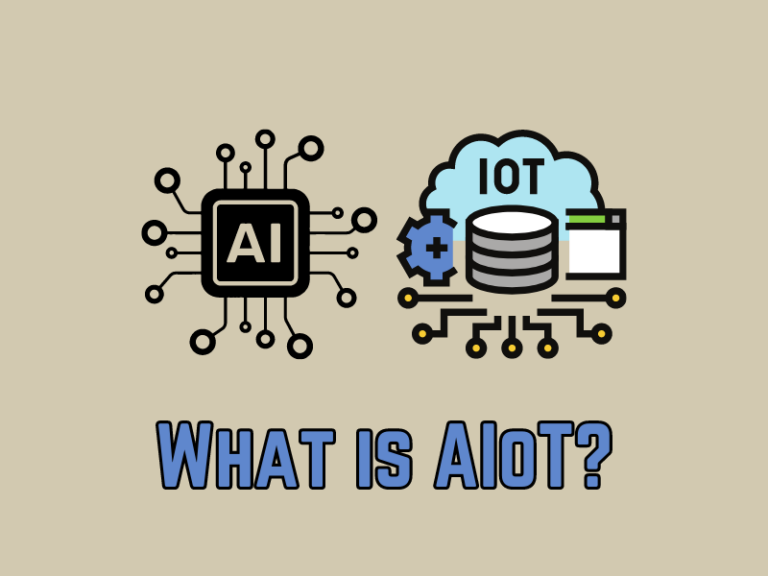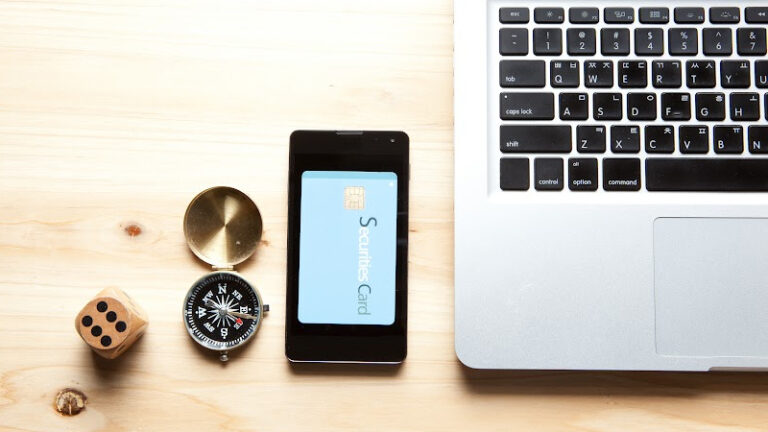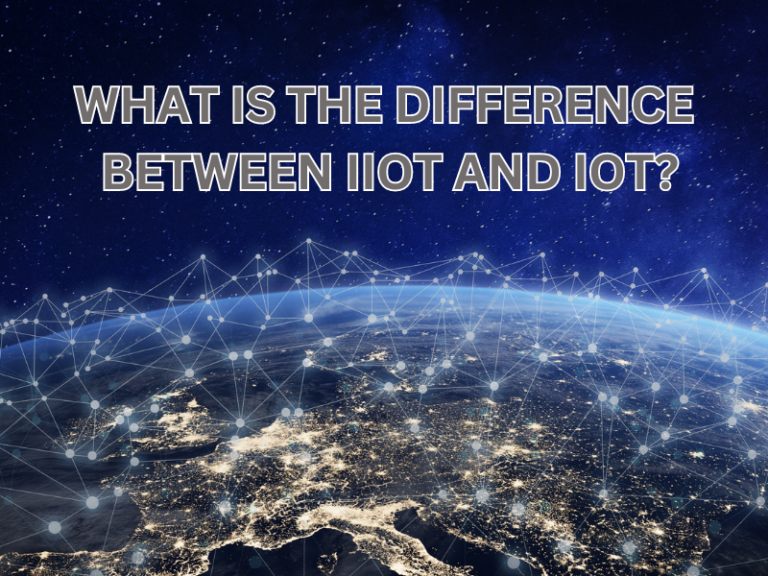IoT and Blockchain: 10 Ways Make Our Future Smarter
IoT and Blockchain are two of the most transformative technologies shaping the future. Combining these two technologies can create a more secure, efficient, and transparent world. Here are 10 examples of how IoT blockchain are making our future brighter:
- Supply Chain Management
- Smart Grids
- Autonomous Vehicles
- Food Safety
- Healthcare
- Smart Homes
- Environmental Monitoring
- Digital Identity
- Smart Cities
- Insurance
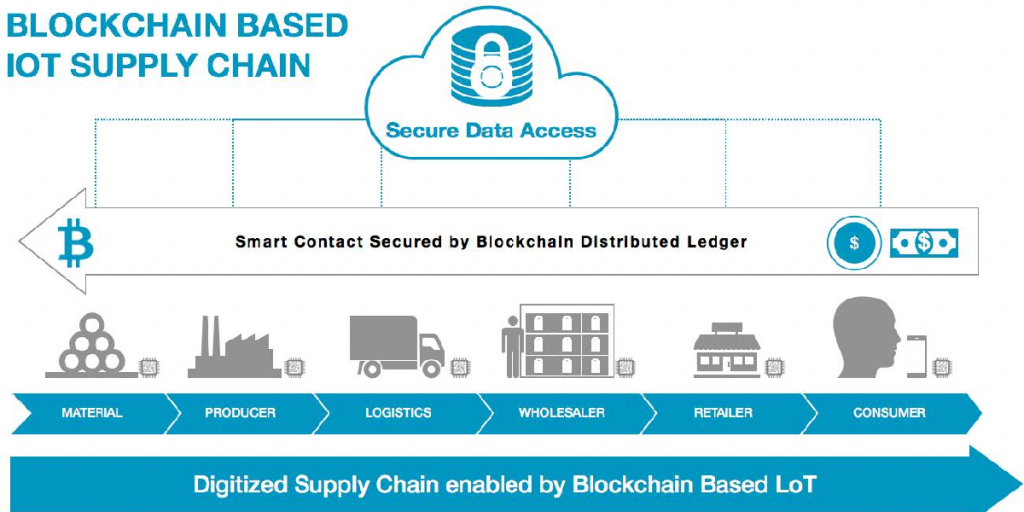
Supply Chain Management
Blockchain and IoT can track and trace products from the manufacturer to the end consumer. This can help to ensure the quality and authenticity of products while also reducing waste and fraud.
Smart Grids
Blockchain and Internet of Things can be used to create smart grids that can automatically manage and optimize energy usage. This can help to reduce energy waste and lower energy costs.
Autonomous Vehicles
Also they can be used to create a decentralized network of autonomous vehicles that can communicate with each other to optimize traffic flow and reduce accidents.
Food Safety
Blockchain and the Internet of Things can monitor food products from farm to table to ensure they are safe and free from contaminants.
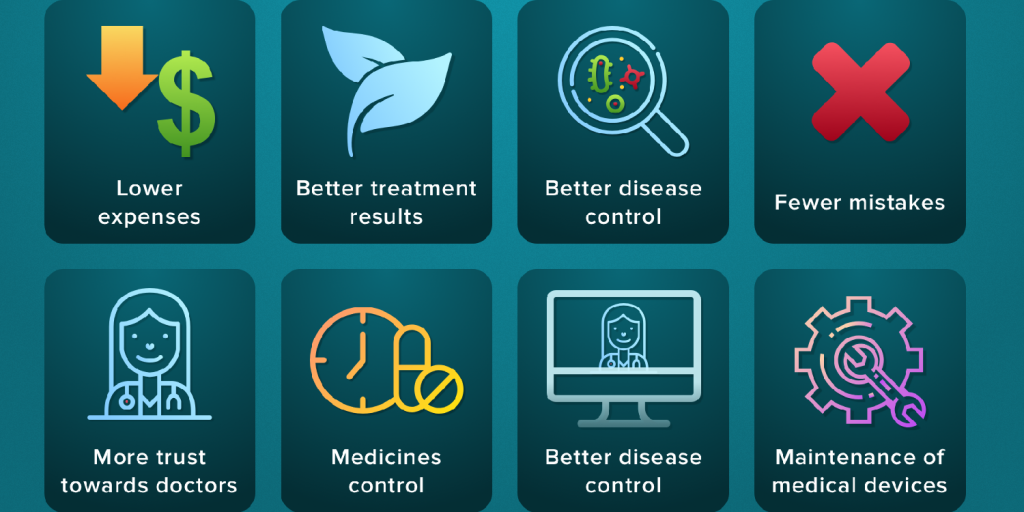
Healthcare
They can securely store and share medical data between patients, doctors, and hospitals. This can help to improve patient outcomes and reduce healthcare costs.
Smart Homes
Blockchain and Internet of Things can create intelligent homes that automatically adjust the temperature, lighting, and other settings based on user preferences and behavior.
Environmental Monitoring
Blockchain and IoT can monitor and track environmental data such as air, water, and soil quality. This can help to identify and address environmental issues.
Digital Identity
Blockchain and Internet of Things can be used to create secure digital identities that can be used for authentication and verification purposes. This can help to prevent identity theft and fraud.
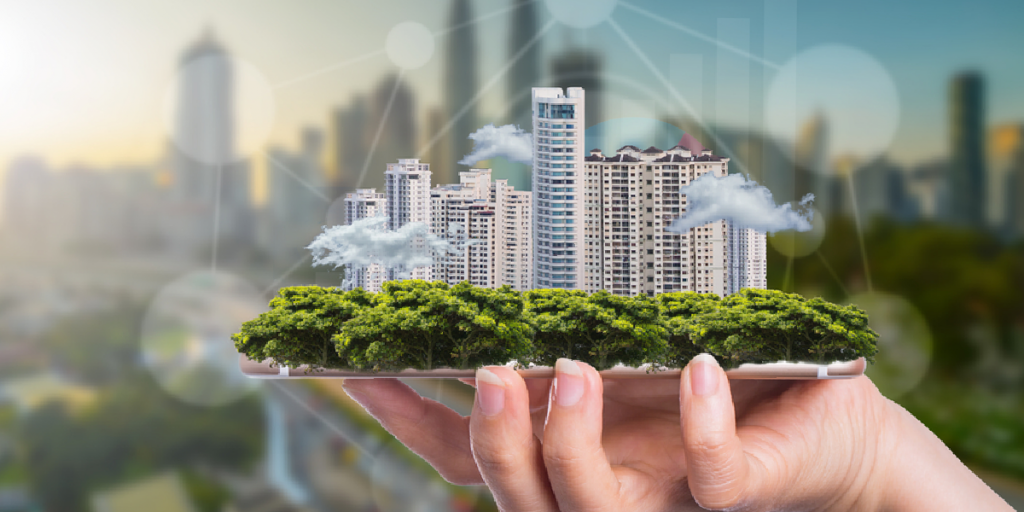
Smart Cities
They can be used to create smart cities that can optimize traffic flow, reduce energy consumption, and improve public safety.
Insurance
IoT and Blockchain can create more accurate and efficient insurance policies by using real-time data from Internet of Things devices to assess risk and calculate premiums.
IoT and Blockchain Companies
Also, a growing number of companies specialize in combining Internet of Things and blockchain technologies to create innovative solutions. Here are a few notable examples of IoT and Blockchain companies:
| Company name | What does the company do? |
| Filament | The filament is a blockchain and IoT company that provides enterprise-grade solutions for the industrial Internet of Things (IIoT). Their products include secure wireless sensors, edge computing devices, and blockchain-based data management and sharing software. |
| IOTA | IOTA is a distributed ledger technology that uses a unique data structure called the Tangle to enable feeless transactions and data sharing for IoT devices. Their platform is designed to support machine-to-machine transactions and automated payments without intermediaries. |
| Chronicled | Chronicled is a blockchain and IoT company that provides supply chain management solutions for the pharmaceutical and luxury goods industries. Their platform uses blockchain technology to ensure product authenticity and track the movement of goods throughout the supply chain. |
| Ambrosus | Ambrosus is a blockchain-based platform for food and pharmaceutical supply chain management. Their platform uses IoT sensors and blockchain technology to provide transparency and traceability throughout the supply chain, ensuring product quality and safety. |
| VeChain | VeChain is a blockchain and IoT company that provides supply chain management solutions for various industries, including food, fashion, and automotive. Their platform uses blockchain technology to provide transparency and traceability throughout the supply chain, enabling product authentication and anti-counterfeiting measures. |
| Waltonchain | Waltonchain is a blockchain and IoT company that provides solutions for supply chain management and logistics. Their platform uses RFID (radio-frequency identification) technology and blockchain to enable real-time tracking and management of goods throughout the supply chain. |
| Helium | Helium is a blockchain and IoT company that provides decentralized wireless networks for IoT devices. Their platform uses blockchain technology to enable secure, low-cost communication between IoT devices, enabling new use cases and applications. |

Blockchain Internet of Things Benefits
- Immutable Data
Blockchain technology ensures that the data recorded in the distributed ledger cannot be altered or deleted, making it highly secure and reliable. - Decentralized Network
Blockchain-based IoT systems eliminate the need for intermediaries or central authorities, allowing devices to communicate directly with each other, reducing latency and increasing efficiency. - Trust and Transparency
The decentralized nature of blockchain-based IoT systems ensures trust and transparency in data exchange, making it easier to verify the data’s authenticity and the devices’ identities. - Improved Security
Distributed ledger technology provides high-level security features such as digital signatures, encryption, and consensus algorithms that ensure data integrity and confidentiality. - Cost Reduction
By eliminating intermediaries and reducing transaction fees, blockchain-based IoT systems can significantly reduce the cost of data exchange and processing. - Enhanced Interoperability
Blockchain technology can enable devices from different manufacturers to communicate with each other seamlessly, promoting interoperability and improving the overall efficiency of the Internet of Things ecosystem. - Autonomous Transactions
Smart contracts, a feature of blockchain technology, allow for the automation of certain actions and transactions, reducing the need for human intervention and improving the speed and accuracy of data exchange.
More benefits: IoT benefits

Conclusions
In conclusion, these are just a few examples of the many companies leveraging the power of blockchain and Internet of Things to create innovative solutions. As these technologies continue to evolve, we expect to see even more companies emerge and new use cases for blockchain and IoT to be discovered.
FAQ about Internet of Things and Blockchain
❓ What is Blockchain technology?
Blockchain is a secure digital ledger that records transactions in a transparent and tamper-proof way.
❓ What is IoT technology?
IoT is a network of interconnected devices that collect and exchange data through the internet.
❓ How does the combination of Blockchain and IoT benefit industries?
By combining Blockchain and IoT technologies, industries can benefit from improved security, transparency, and efficiency in their operations.
❓ What industries can benefit from Blockchain and IoT applications?
Industries such as supply chain management, healthcare, smart homes, environmental monitoring, insurance, autonomous vehicles, smart grids, digital identity, food safety, and smart cities can benefit from Blockchain and IoT applications.
❓ What are some challenges in implementing Blockchain and IoT applications?
Challenges include interoperability between IoT devices, data privacy, and security concerns, and regulatory compliance. However, innovative solutions are being developed to address these challenges as the technologies evolve.
